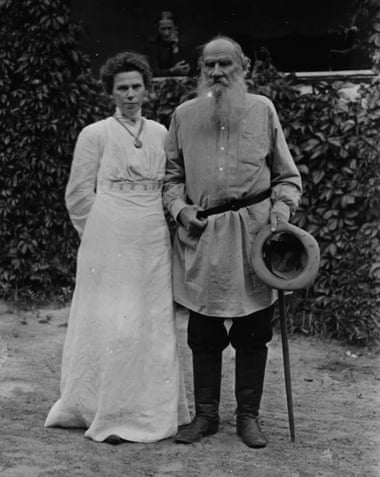MARXISTS

To identify the great artist with the revolution which he has obviously failed to understand, and from which he obviously stands aloof, may at first sight seem strange and artificial. A mirror which does not reflect things correctly could hardly be called a mirror. Our revolution, however, is an extremely complicated thing. Among the mass of those who are directly making and participating in it there are many social elements which have also obviously not understood what is taking place and which also stand aloof from the real historical tasks with which the course of events has confronted them. And if we have before us a really great artist, he must have reflected in his work at least some of the essential aspects of the revolution.
The legal Russian press, though its pages teem with articles, letters and comments on Tolstoy’s eightieth birthday, is least of all interested in analysing his works from t.he standpoint of the character of the Russian revolution and its motive forces. The whole of this press is steeped to nausea in hypocrisy, hypocrisy of a double kind: official and liberal. The former is the crude hypocrisy of the venal hack who was ordered yesterday to hound Leo Tolstoy, and today to show that Tolstoy is a patriot, and to try to observe the decencies before the eyes of Europe. That the hacks of this kind have been paid for their screeds is common knowledge and they cannot deceive anybody. Much more refined and, therefore, much more pernicious and dangerous is liberal hypocrisy. To listen to the Cadet Balalaikins[1] of Rech, one would think that their sympathy for Tolstoy is of the most complete and ardent kind. Actually, their calculated declamations and pompous phrases about the “great seeker after God” are false from beginning to end, for no Russian liberal believes in Tolstoy’s God, or sympathises with Tolstoy’s criticism of the existing social order. lie associates himself with a popular name in order to increase his political capital, in order to pose as a leader of the nation-wide opposition; he seeks, with the din and thunder of claptrap, to drown the demand for a straight and clear answer to the question: what are the glaring contradictions of “Tolstoyism” due to, and what shortcomings and weaknesses of our revolution do they express?
The contradictions in Tolstoy’s works, views, doctrines, in his school, are indeed glaring. On the one hand, we have the great artist, the genius who has not only drawn incomparable pictures of Russian life but has made first-class contributions to world literature. On the other hand we have the landlord obsessed with Christ. On the one hand, the remark ably powerful, forthright and sincere protest against social falsehood and hypocrisy; and on the other, the “Tolstoyan”, i.e., the jaded, hysterical sniveller called the Russian intellectual, who publicly beats his breast and wails: “I am a bad wicked man, but I am practising moral self-perfection; I don’t eat meat any more, I now eat rice cutlets.” On the one hand, merciless criticism of capitalist exploitation, exposure of government outrages, the farcical courts and the state administration, and unmasking of the profound contradictions between the growth of wealth and achievements of civilisation and the growth of poverty, degradation and misery among the working masses. On the other, the crackpot preaching of submission, “resist not evil” with violence. On the one hand, the most sober realism, the tearing away of all and sundry masks; on the other, the preaching of one of the most odious things on earth, namely, religion, the striving to replace officially appointed priests by priests who will serve from moral conviction, i. e., to cultivate the most refined and, therefore, particularly disgusting clericalism. Verily:
Thou art a pauper, yet thou art abundant,
Thou art mighty, yet thou art impotent—
—Mother Russia![2]
Marxists for more